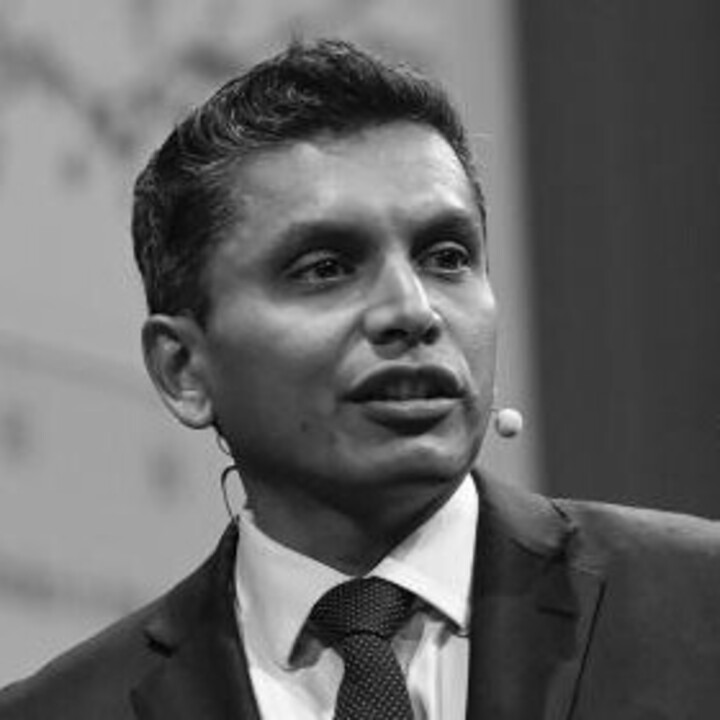Accounting for Climate Change

Karthik Ramanna
University of Oxford
February 21, 2022 – 05:00 – 06:15 PM (CET)
Live virtual event: please register for this talk via Zoom
Speaker Bio
Karthik Ramanna is Professor of Business and Public Policy at the Blavatnik School of Government, University of Oxford. An expert on business-government relations, sustainable capitalism, and corporate reporting and auditing, Professor Ramanna has studied how organisations build trust with stakeholders and the role of business in designing sensible and responsible “rules of the game”. He has authored dozens of research articles and case studies on non-market strategies in Africa, China, the EU, India, and the US, and he has consulted with several leading business organisations worldwide, including Fidelity, KPMG, McKinsey, PwC, Sonae, and State Street. His scholarship has won numerous awards, including the Journal of Accounting & Economics Best Paper Prize and twice the international Case Centre’s Outstanding Case-Writer prize, dubbed by the Financial Times “the business school Oscars.”
Seminar Abstract
Corporations are facing growing pressure—from investors, advocacy groups, politicians, and even business leaders themselves—to reduce greenhouse gas (GHG) emissions from their operations and their supply and distribution chains. About 90% of the companies in the S&P 500 now issue some form of environmental, social, and governance report, almost always including an estimate of the company’s GHG emissions. The authors describe these as „catchall reports that are often made up of inaccurate, unverifiable, and contradictory data.“ They propose a remedy: the E-liability accounting system, whereby emissions are measured using a combination of chemistry and engineering, and principles of cost accounting are applied to assign the emissions to individual outputs. The authors provide a detailed method for assigning E-liabilities across an entire value chain, using the example of a car-door manufacturer whose furthest-removed supplier is a mining company, which transfers its products to a shipping company, which transports them to a steel company, and so on until the car reaches the end customer.
Read the paper here.
Admission information
The seminar is open to the public. To receive invitations for upcoming seminar talks, please sign up for the mailing list via this form.